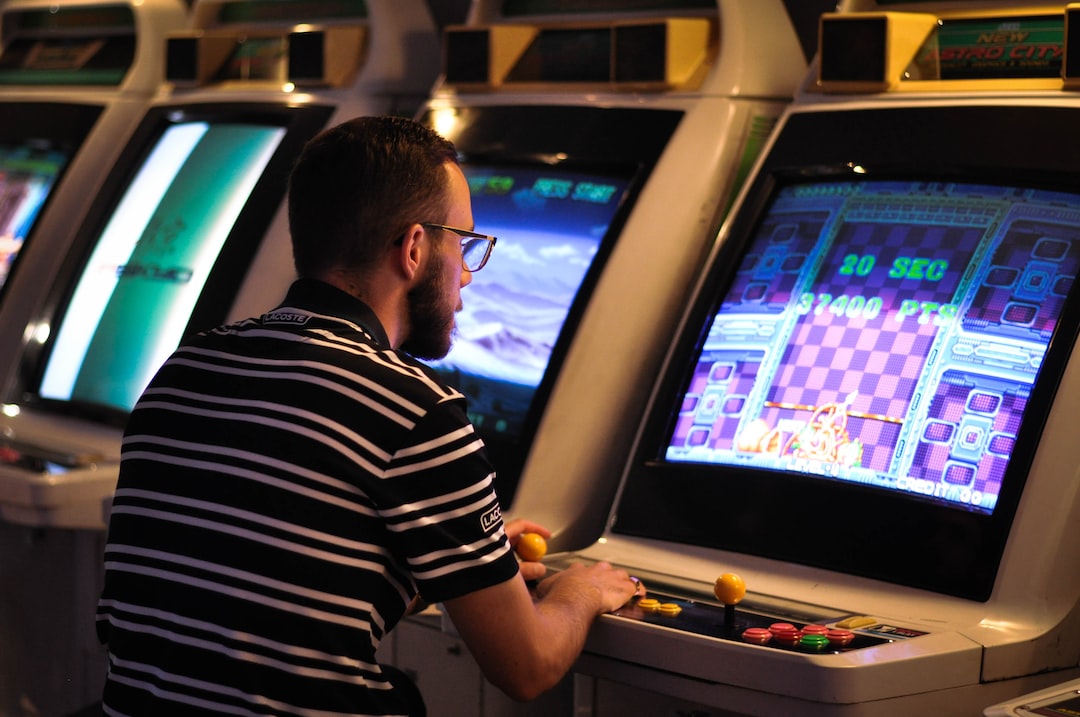E-Sports: The Crossover Between Traditional Sports and Gaming
In recent years, there has been a noticeable increase in the popularity and recognition of e-sports, with millions of fans tuning in to watch their favorite gamers compete in various gaming tournaments and leagues. E-sports, or electronic sports, can be defined as organized competitive video gaming, where professional players (known as “gamers”) compete against each other in multiplayer games. This growing phenomenon has sparked a debate about whether e-sports can be considered a legitimate sport. In this blog post, we will explore the crossover between traditional sports and gaming and delve into the reasons why e-sports should be acknowledged as a legitimate sporting activity.
One of the most compelling arguments for recognizing e-sports as a sport is the level of skill, dedication, and training required to excel in this field. Just like traditional athletes, e-sports professionals spend countless hours honing their skills, developing strategies, and practicing in order to win competitions. These gamers possess excellent hand-eye coordination, quick reflexes, and exceptional strategic thinking abilities, similar to what is required in physical sports such as basketball or soccer. In fact, numerous studies have revealed that certain cognitive abilities, such as reaction time and decision-making, are enhanced in gamers through extensive playing.
Another aspect that makes e-sports comparable to traditional sports is the competitive nature of the games. Players compete against each other individually or as part of a team, employing strategies and tactics to outplay their opponents. The atmosphere during e-sports tournaments is electrifying, with spectators cheering, players sweating, and the stakes running high. The mental pressure and the will to win are strikingly similar to what players experience in any competitive physical sport. The adrenaline rush and the quest for victory are universal elements in both traditional sports and e-sports.
E-sports competitions also attract massive audiences, both online and offline, which further strengthens its case as a sport. The viewership for e-sports tournaments has been steadily growing, with some events drawing in millions of online spectators. Major tournaments are streamed live on platforms like Twitch and YouTube, with commentators providing play-by-play analysis and adding to the excitement and entertainment factor. In fact, e-sports viewership is now comparable to that of traditional sports in certain regions, such as South Korea or the United States. The high demand for e-sports content has even led to the creation of dedicated e-sports channels and the inclusion of e-sports coverage in mainstream media.
While the physical exertion associated with traditional sports is often used as a differentiating factor, it is important to note that e-sports put strain on the mind and body in their own unique way. Competitive gaming requires incredible mental focus, quick decision-making, and sustained concentration for hours at a time. Professional gamers face the risk of injuries similar to those seen in traditional athletes, such as repetitive strain injuries like carpal tunnel syndrome. Furthermore, with the advent of virtual reality (VR) technology, e-sports are now branching out into physical movements as well. Games that utilize VR systems require players to engage in full-body movements and physical exertion, blurring the lines between traditional sports and gaming even further.
Additionally, e-sports are not limited to just video games. Other gaming-related activities, such as chess or poker, have also gained recognition as legitimate sports. Both chess and poker require strategic thinking, analyzing opponents, and making calculated moves, much like any other sport. Therefore, it is not the physical aspect that defines a sport but rather the competitive and skill-based nature of the activity.
In conclusion, e-sports have evolved into a global phenomenon, attracting millions of players and fans worldwide. The parallels between e-sports and traditional sports are undeniable, from the level of skill and dedication required, to the competitive nature of the games and the immense viewership they attract. As e-sports continue to grow and establish themselves as a mainstream form of entertainment, it is time to acknowledge and embrace their place in the realm of legitimate sports. The crossover between traditional sports and gaming is real, and e-sports deserve to be recognized as a legitimate sporting activity.


